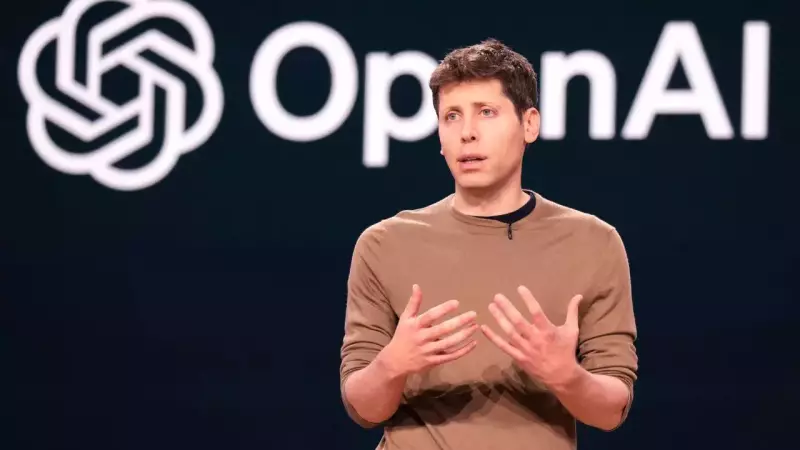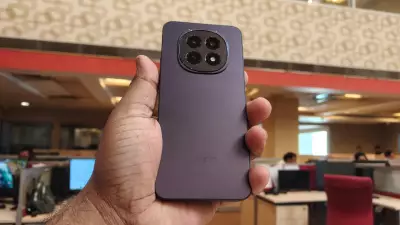
In a dramatic turn of events that stunned both the audience and participants, OpenAI CEO Sam Altman was served with a legal subpoena while speaking on stage during a recent live event in San Francisco. The unexpected legal delivery occurred as Altman was engaged in a discussion about technology and inequality at the Sydney Goldstein Theatre.
The Onstage Confrontation
The incident unfolded when a man approached the stage where Sam Altman was speaking alongside Golden State Warriors basketball coach Steve Kerr. The unidentified man held out an envelope and clearly stated he had "a subpoena for Sam Altman." As captured in videos from the event, the crowd immediately reacted with loud boos while Altman declined to accept the document physically.
The situation quickly escalated as event security escorted the man away from the stage area. Manny Yekutiel, the moderator for the talk, commented on the unusual interruption by saying, "Wow, getting off to a dramatic start already." The entire exchange created an uncomfortable atmosphere during what was supposed to be a discussion focused on technology, wealth distribution, and societal inequality.
Behind the Subpoena Delivery
Later investigations revealed that the man serving the document was an investigator from the San Francisco Public Defender's Office. In statements to local media outlet SFGate, the public defender's office confirmed they had previously attempted to reach Altman through multiple channels.
Valerie Ibarra, spokesperson for the public law office, explained: "An investigator from the San Francisco Public Defender's Office lawfully served a subpoena on Mr. Altman because he is a potential witness in a pending criminal case. Our investigators first made several prior attempts to serve the subpoena at Altman's company headquarters and via its online portal."
Soon after the incident gained public attention, an activist organization called "Stop AI" claimed responsibility for the subpoena through social media channels. The group has been actively protesting against what they describe as existential threats posed by artificial intelligence development.
The Criminal Case Behind the Subpoena
The subpoena relates directly to an ongoing criminal trial involving several members of the Stop AI activist group. These individuals face charges for repeatedly attempting to block OpenAI employees from entering the company's San Francisco headquarters.
One particularly notable protest occurred in February, when activists organized what they described as a non-violent demonstration outside OpenAI's offices. The organization maintains that their actions are legally protected protests against what they perceive as a global threat.
In their public statements, Stop AI has made strong claims about their motivations: "All of our non-violent actions against OpenAI were an attempt to slow OpenAI down in their attempted murder of everyone and every living thing on Earth. This trial will be the first time in human history where a jury of normal people are asked about the extinction threat that AI poses to humanity."
Broader Context of AI Protests
This incident represents just one of multiple protests that OpenAI has encountered in recent months. In July, activists gathered outside Altman's Bay Area residence to demonstrate against his political support and policy positions. Another significant protest occurred in November, when artists who had early access to OpenAI's video-generation tool Sora publicly accused the company of using them as "PR puppets" to downplay concerns about training AI models on artists' work without proper consent.
Interestingly, despite facing protests from anti-AI groups, Sam Altman himself has repeatedly spoken about the potential dangers of artificial intelligence. He has publicly acknowledged that AI could eliminate numerous jobs, potentially entire job categories, and permanently transform society in ways that might include a "fraud crisis," increased inequality, expanded surveillance capabilities, and even the possibility of human extinction.
The onstage subpoena service highlights the growing tensions between AI developers and concerned activists, setting the stage for a landmark legal proceeding that could have significant implications for how society addresses AI safety concerns and protest rights.






